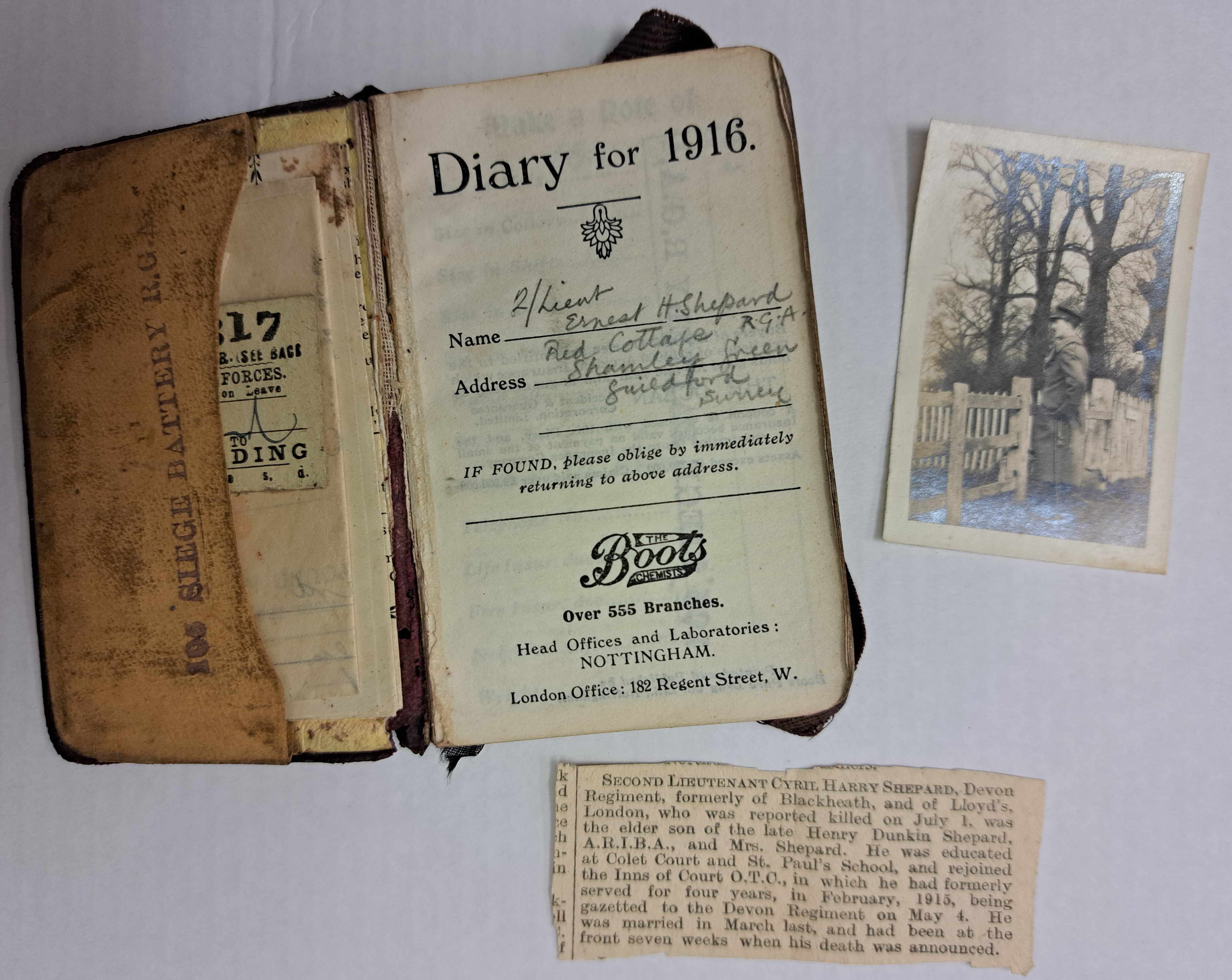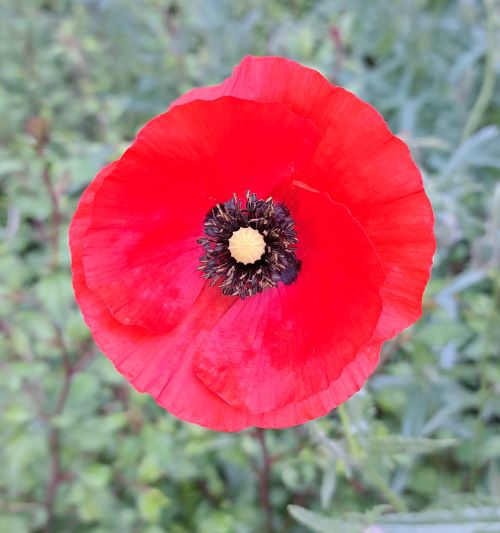Remembrance Day gives us all the opportunity to pause, reflect and remember, not only those who have been lost to conflict but to those who have been left behind to face the aftermath of war.
As part of the University’s Remembrance commemorations, we are curating a Library display relating to the First World War service of illustrator E.H. Shepard, who served on the front line at the Somme, Arras, Ypres, Passchendaele, and the Italian campaign of 1918.
Ernest Shepard was fortunate to have survived the war, but sadly his older brother Cyril did not. Second Lieutenant Cyril Harry Shepard of the Devonshire Regiment died on the 1 July 1916, the first day of the Somme offensive, at the age of 39.
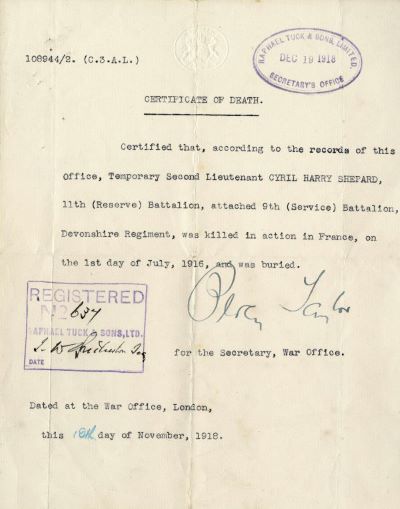
Reference: EHS/A/17/2
In the letters, diaries, maps, and memoirs held in the E. H. Shepard archive we can witness the sorrow and heartache of Cyril’s family after they received news of his death.
Ernest was stationed nearby to where Cyril was killed and would have been acutely aware of the horrors of the front line. In Ernest’s 1916 pocket diary he noted each day’s events, from the details of military activities and attacks, to whether he had received a letter from his wife Florence (known as Pie to her family). Looking at the diary for period following Cyril’s death we can see the brief but affecting notes he made:
July 1 Sat
Cyril Killed
July 12 Wed
Heard of Cyril’s death
August 13 Sun
Found Cyril’s grave just south of Mametz
August 14 Mon
Sent Ethel and Pie sketches of Cyril’s grave.
Amongst the items stored in the diary there is a newspaper cutting of Cyril’s obituary and a photograph which we believe shows Ernest at the cemetery where Cyril was buried.
From his diary we know that Ernest was able to visit the site where Cyril had been buried. The E. H. Shepard collection contains a number of trench maps and poignantly one of these maps has been annotated by Ernest with the map reference for ‘C.H.S. grave’ written in blue in the margin of the map and the location marked in pencil with a small cross (Reference EHS/I/3/6).
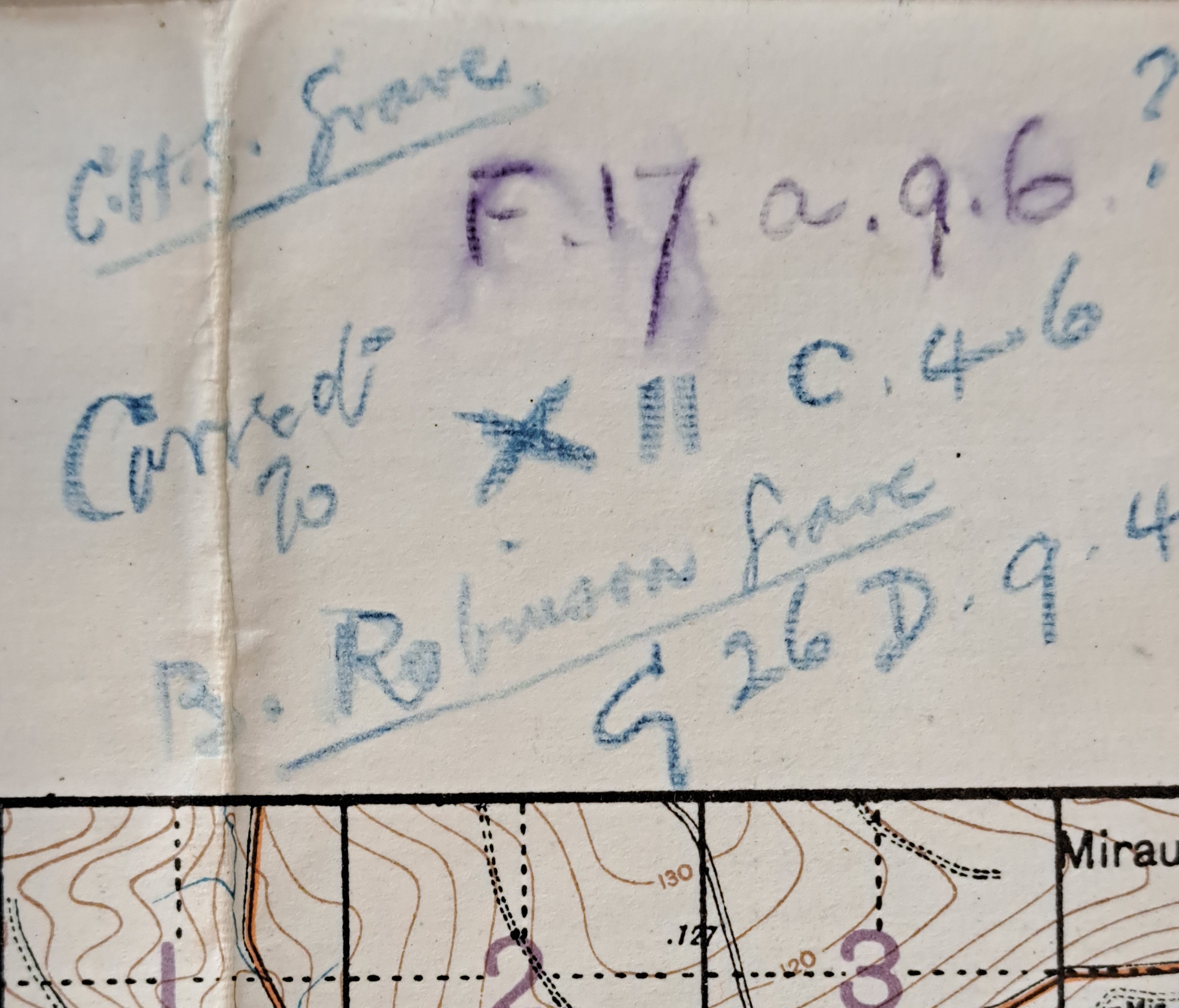
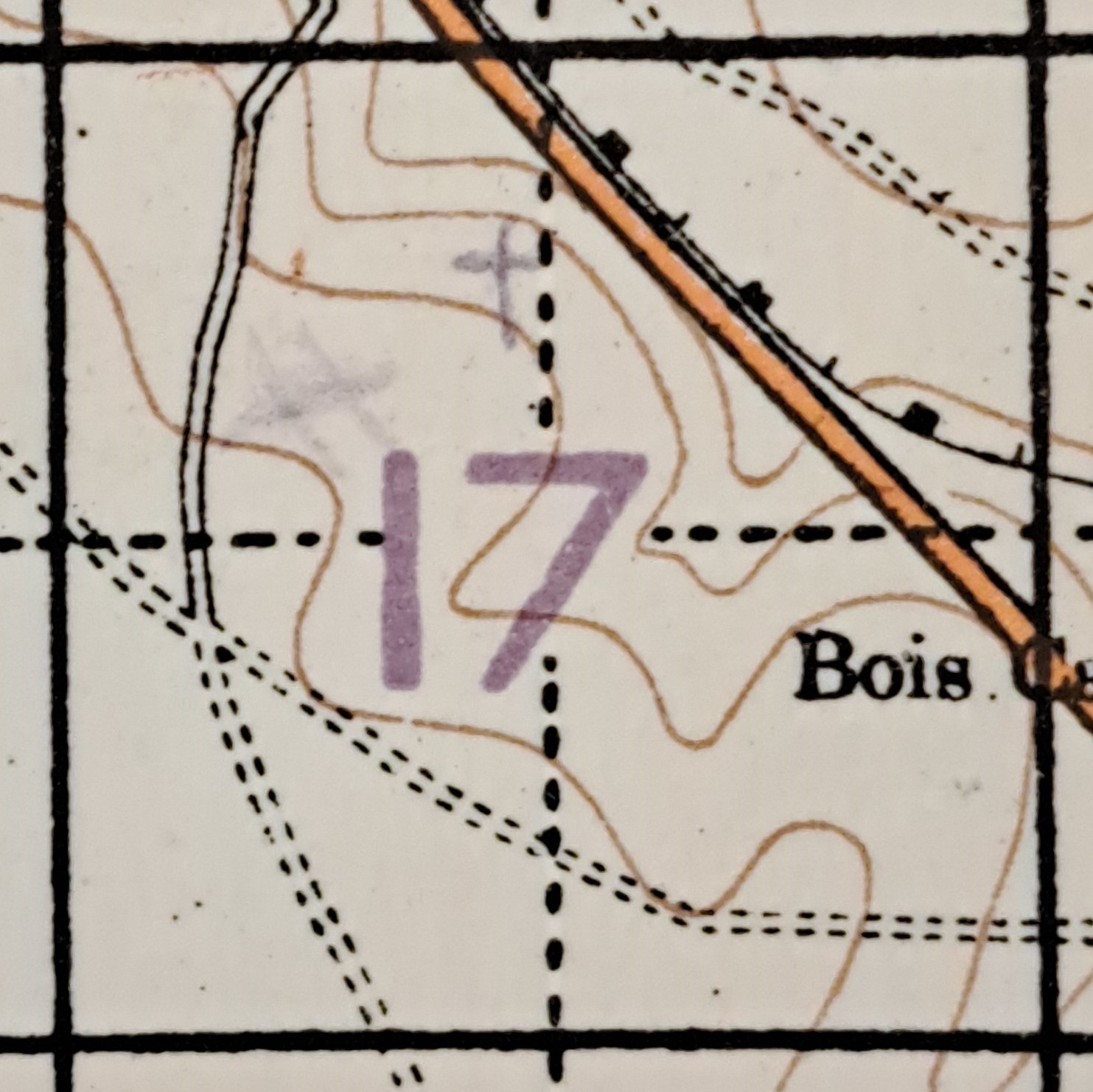
Ernest heard news of his brother’s death through the letters sent to him by his sister Ethel, his wife Florence, his son Graham and Rosemary, Cyril’s widow, and we have transcribed below quotes from a selection of these letters:
EHS/C/15/3/2 Letter from Ethel, 6 July 1916 ‘My darling old Ernest, I don’t know if by now you have the dreadful news of our dear Cyril’s death. We had a wire today to say that he was killed in action last Saturday…. ….We can’t realize it, it seems too awful. May God keep you safe & sound, you are all I have left now….’
EHS/C/13/17/7 Letter from Florence, 7 July 1916 ‘My own darling darling boy, I don’t know whether you will have heard the very very sad news – about dear Uncle Dodo – dear boy he was killed on July 1st…….I know what you were to each other, no ordinary brothers……Poor little Rosemary, thank goodness she is with Ethel for both of them…..’
EHS/C/13/17/8 Letter from Florence, 8 July 1916 ‘…-try not to think of things too much until you get home & I can comfort you, all snuggled to me & my arms round you....’
EHS/C/15/1/4 Letter from Graham, 14 July 1916 ‘…Have you heard that Uncel (sic) Dodo is killed, when you do hear I expect it will be awful for you out there with no one to comfort you…’.
EHS/13/17/14 Letter from Florence, 16 July 1916 '…I expect Ethel has told you by now that the dear old boy was killed straight away in the morning of the 1st July, he was leading the charge. He wrote very happily the night before, so Ethel hopes he was happy & confident up to the last. He was buried in a quite spot 500 yards south of Mametz, so as I am sure you are somewhere in that direction you may perhaps be able to see the spot....'
EHS/C/15/3/4 Letter from Ethel, 19 July 1916 ‘….There seems to be no doubt that he had no suffering to bear, & his last letters were most wonderfully happy ones. Thank you for your dear letter received yesterday. Like you I just can’t take it in yet – I feel he must be coming back after the war....’ This letter also contained copies (copied out by Ethel) of messages sent to Ethel and Rosemary from comrades of Cyril’s: From 2nd Lieut. Doe (to Ethel) ‘I am very sorry to tell you that the great advance has hit the 9th Devons hard….He was killed outright while leading his men in the morning of the 1st July about 8 a.m. The Battalion has lost a good & popular officer, but I am afraid our loss can be nothing compared with yours….He was buried in a sheltered corner by a place known as Mansel Copse about 500 yds south of Mametz and a cross will be put to mark the grave’. From Lieut. Col. Story (to Rosemary) ‘…he had made himself very popular with both officers and men, who greatly mourn his loss...’ From Captain Bramwell (to Rosemary) ‘…I feel I must write you a line to tell you how terribly grieved I am to hear he has been killed. ….It was a pleasure to work with such a charming follow in every way……. Everyone liked him the moment they came in contact with him. You can feel proud that your husband died as he did – a gallant soldier & a perfect gentleman, doing his duty to the last....' From the Adjutant (to Ethel): ‘I saw your brother after he was dead, from his appearance I should say he was killed instantaneously & suffered no pain...' From the Chaplin (to Rosemary) ‘I wish to express my sympathy with you in the loss of your splendid husband who was killed in battle on July 1st. I found his body on the afternoon of the same day & from the way he was lying I have no doubt he was killed outright probably by a machine gun. I had only known him a short while, but one did not need to know him long to love him. He was a splendid officer & he died a soldier’s death in a glorious victory which he helped to purchase with his blood…… I buried him in what used to be our front line trenches close to where he was killed.'
EHS/C/13/17/19 Two letters from Florence Letter dated Thursday '….I’ve just got home from London .… a sad mizzy girl, longing so desperately for a letter to meet me but there was none … I had tea with Rosemary & it is all to dreadful.….. We had tea at Lyons & Kitty dear she gave me his last letter to read & wasn’t it dreadful I cried in Lyons and could hardly manage to keep up at all. Such a letter dear old boy how he adored her it almost seemed as if he knew he might not write again.’ Letter dated 22 July 1916 '…Darling after all I don’t think I’ll send Cyril’s letter to you, it would be so sad all alone, but I’ll keep it (unless you ask for it) & you can read it perhaps one day cuddled up in my arms....’
EHS/C/15/5/6 Letter from Rosemary 22 November 1916 ‘...I do wonder what the others are doing, and where they are sometimes I can do everything but see & hear Cyril, can almost feel him, do you know he has come to me so real I’ve nearly fainted the emotion has quite overpowered me but I did want him here just a little while longer you know and he wanted ever so much to come back & have a home all his own and little ones but God designed otherwise and who am I to complain if only God sees fit to take me to my hubby I will be eternally thankful...’
Further details relating to Cyril’s grave in the Devonshire Cemetery, Mametz can be found on the Commonwealth War Graves Commission website:
https://www.cwgc.org/find-records/find-war-dead/casualty-details/536147/cyril-harry-shepard/
Within the Cemetery there is a memorial with the inscription:
THE DEVONSHIRES HELD THIS TRENCH THE DEVONSHIRES HOLD IT STILL 1st July 1916 The 8th and 9th Devons suffered very heavy casualties as they left their forward trench to attack Later that day the survivors buried their fallen comrades in that same trench and erected a wooden memorial with the words which are carved in the cross above

